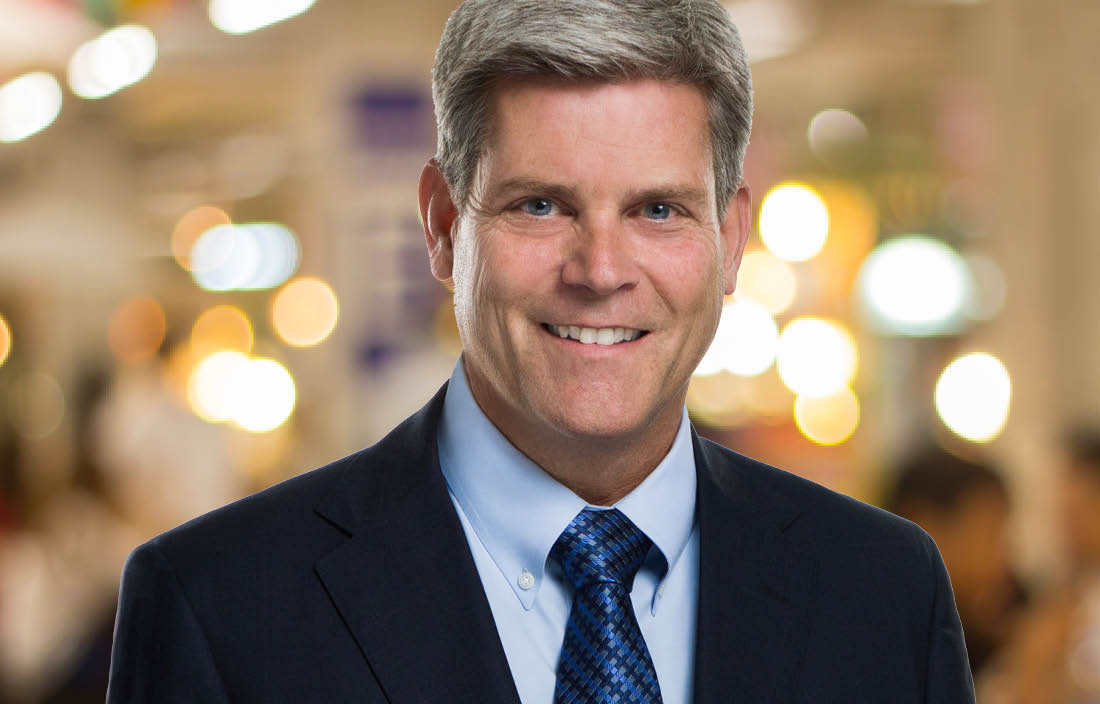I’d like to tell you a story about a staff member — we’ll call her “Rachel.” Rachel came to Plante Moran from a firm where it was frowned upon to work from home because of a sick child. When she faced a similar situation here, she mentioned it to Paul, her supervisor. She told him about the guilt she felt — guilt for not being there for her child and the guilt she’d feel if she were to stay at home — and he reassured her: “It’s okay. Stay at home with your child; you can make up the time later.” So she did. “And I didn’t even feel guilty,” she told Paul later. “That never would’ve happened at my previous job.”
That’s a great testament to the culture of communication and support we’ve worked hard to build. But now, I’d like to tell you another story. This one took place last summer at a meeting of Plante Moran’s African-American staff resource group (SRG). One staff member raised a topic she’d been reluctant to raise outside of that room—the recent spate of shootings, from the Charleston, South Carolina church members to Alton Sterling and Philando Castile. These shootings weighed heavily on her mind, but she was reluctant to speak to her colleagues about their effect on her. Most of the other staff members at the meeting agreed.
As you might imagine, I found this disheartening. On one hand, this is a place of business, and that old adage about avoiding religion and politics at the dinner table comes to mind.
That means that staff bring their outside challenges and concerns with them, not just ailing parents, sick children, and pets but possibly cultural, social, and political issues. It could even be concerns about a friend or family member affected by proposed immigration policies. For all of these concerns, Frank asked himself a question that every manager should ask: “How important are these problems and questions to the people bringing them to me?”
In both cases, I’d argue that they’re critical. These worries may not stop our staff from doing their jobs — after all, the client deadline is the client deadline—but they certainly can make it difficult to focus, particularly if staff feel there are no outlets to discuss them. In the case of the African-American SRG, the topic was discussed at length, and the staff member and others left feeling that they’d been heard. I’m grateful that we have these groups in place to support our staff. But what about those staff who aren’t part of an SRG who are feeling similarly encumbered?
I think it starts with three best practices:
- Reinforcing to partners and other leaders that the whole person comes to work and what that means for our staff and how we serve our clients. Half of the battle is preparing leaders to ask themselves that question — “How important are these problems to the person bringing them to me?” — and respond appropriately.
- Reinforcing to staff that if they have a concern that’s weighing on them, there are a variety of people at the firm they can talk to in addition to their peers — team partners human resources generalists, their buddies, etc. (One of the great things about the firm is that, upon joining the firm, every staff member is assigned a buddy — someone to ease the transition into the firm and serve as a sounding aboard as their careers progress.)
- Finally — and, I think, most importantly — it’s important that we treat people with dignity and respect—even if we don’t agree with their point of view. We should treat them like we’d treat a family member—and truly care. I think this is valuable advice for all of us, as Americans, in general right now.
Does that mean that everyone should go to their manager when they have a problem? Not necessarily. Some people are more reserved and would prefer to rely on other outlets to discuss their concerns, and that’s fine. But if we have a staff member who wants to talk about a concern that’s weighing heavily on them, I want to do whatever we can to build trust and create an environment where that’s possible.
How about you? Does your organization have a similar “whole person comes to work” philosophy? And do you have any programs in place to support it?





